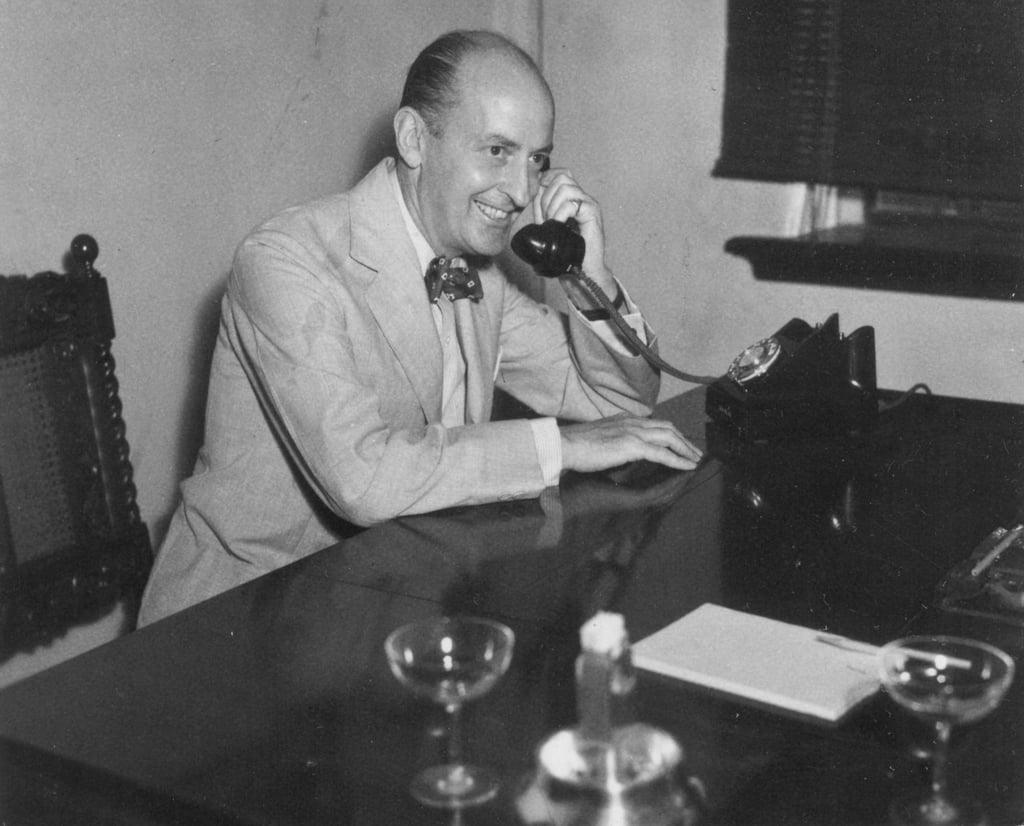Then & Now | Fiji’s links to Hong Kong and China go back much further than the Rugby Sevens
- Fiji was a British colony from 1874 until 1970. Close relations between the Pacific island and Hong Kong saw colonial administrators cross-posted regularly
- Fiji’s capital, Suva, has a thriving Chinatown. The majority of the Chinese there are of Cantonese descent, with general stores run by long-settled Chinese

In the mid-Pacific, more than three hours flight time from both Australia and New Zealand, Fiji is about as remote in every respect from Hong Kong as could be imagined. Yet long-standing connections between these former British colonies go far beyond the annual Rugby Sevens fixtures, and the hunky, perennially smiling Fijian footballers that are such a firm favourite with both spectator crowds in the stands, and after-match revellers in Hong Kong’s watering holes.
Fiji was a British colony by treaty from 1874 until independence in 1970. From the earliest years, close connections evolved between the two territories. Administrators were periodically cross-posted, and as they advanced in seniority, governors and colonial secretaries rotated as well.
Alexander Grantham, Francis Henry May, Hercules Robinson and William Des Voeux – familiar names in Hong Kong’s colonial history – all served in Fiji.
Des Voeux wrote a detailed memoir of his overseas service career, prosaically called My Colonial Service, which appeared in two substantial volumes in 1903. Fiji features prominently, as does Hong Kong, and it contains fascinating first-hand observations of times and places.

Des Voeux Peak, the second-highest mountain in the archipelago, on the island of Taveuni, bears his name; Grantham has a road named after him, in the capital city of Suva.
Government cross-posting practices continued, further down the ranks, until the very twilight of imperial rule in the late 1960s. With independence in Fiji, a small cluster of ex-Pacific islands administrative service and police officers, informally known as the Coconuts, came to Hong Kong for their last few years before retirement. Roy Henry, Hong Kong’s commissioner of police from 1979 to 1984, had moved to Hong Kong in 1973 from Fiji. While most hailed from Fiji, others transferred from earlier careers in the Solomon Islands, the Gilbert and Ellice Islands, and the New Hebrides.
